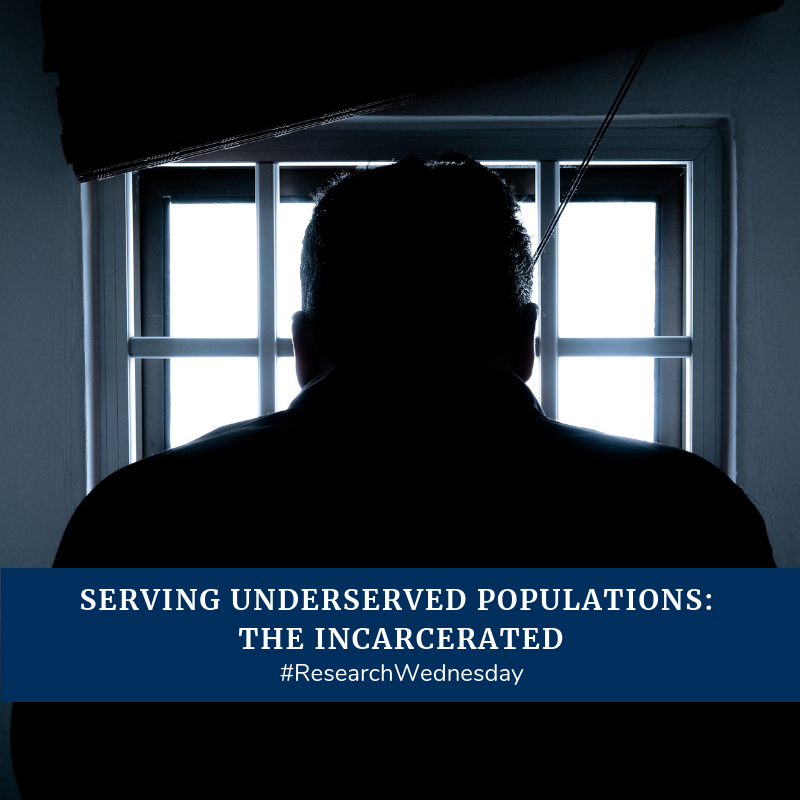Though there is much attention paid to overcrowded prisons, criminal justice reform, and recidivism, little has been done to address how men and women who have experienced incarceration relate to money. There is so much not known that it’s difficult to know where to start the conversation. In my recent article published in the Journal of Financial Counseling & Planning (JFCP), I went back to education—in my opinion, the very foundation of how we function—and I endeavored to answer the question:
Does basic financial education increase knowledge for men within two years of release in a work-release program?
I must say, I wasn’t disappointed by the results!
However, before we jump in, let me back up and give you a little history. I had been teaching financial education at a Transitional Center for about a year when it occurred to me – “Even though I was convinced I was teaching the right information; how did I actually know what my students didn’t know or needed to know?” Sure, I had numerous years of financial training and education, and I had taught on numerous academic levels, but this was my first time working with the incarcerated. For all I knew, they were in class paying attention and asking questions because I was someone different and they didn’t want to get in trouble for being disrespectful. After much thought, I determined that in order for my curriculum to be effective I needed to make sure it was addressing topics that were going to be beneficial to my students.
Low and behold, it turns out that I WAS teaching the right topics. We now have statistically significant evidence that a curriculum covering certain topics DOES increase financial knowledge for men who have recently transferred from state prison into a work release facility, and who are within two years of release back to society.
If you want the science behind my research and how it’s significant, I encourage you to read the whole article. If you don’t care for the science, then read everything except the results section—just look at Table 3 (the asterisks show the significant increases in knowledge).
There is so much more to be done; however, this article is an important step forward. As we continue to increase our knowledge about the ways we can more effectively teach underserved populations, we help provide the men and women who are re-entering society with the tools and knowledge they need to be successful. Even more importantly, we lessen the chances that they will return to crime after they leave prison.
An increase in knowledge is always a good step toward forward progress.
Continue the Conversation:
Tell us what you think in the comments below or on Twitter.
Download the research (available to AFCPE members or by request from the authors): Mielitz et al. (2018) Financial Literacy Education in a Work Release Program for an Incarcerated Sample (JFCP), 29 (2).

Leave a Reply